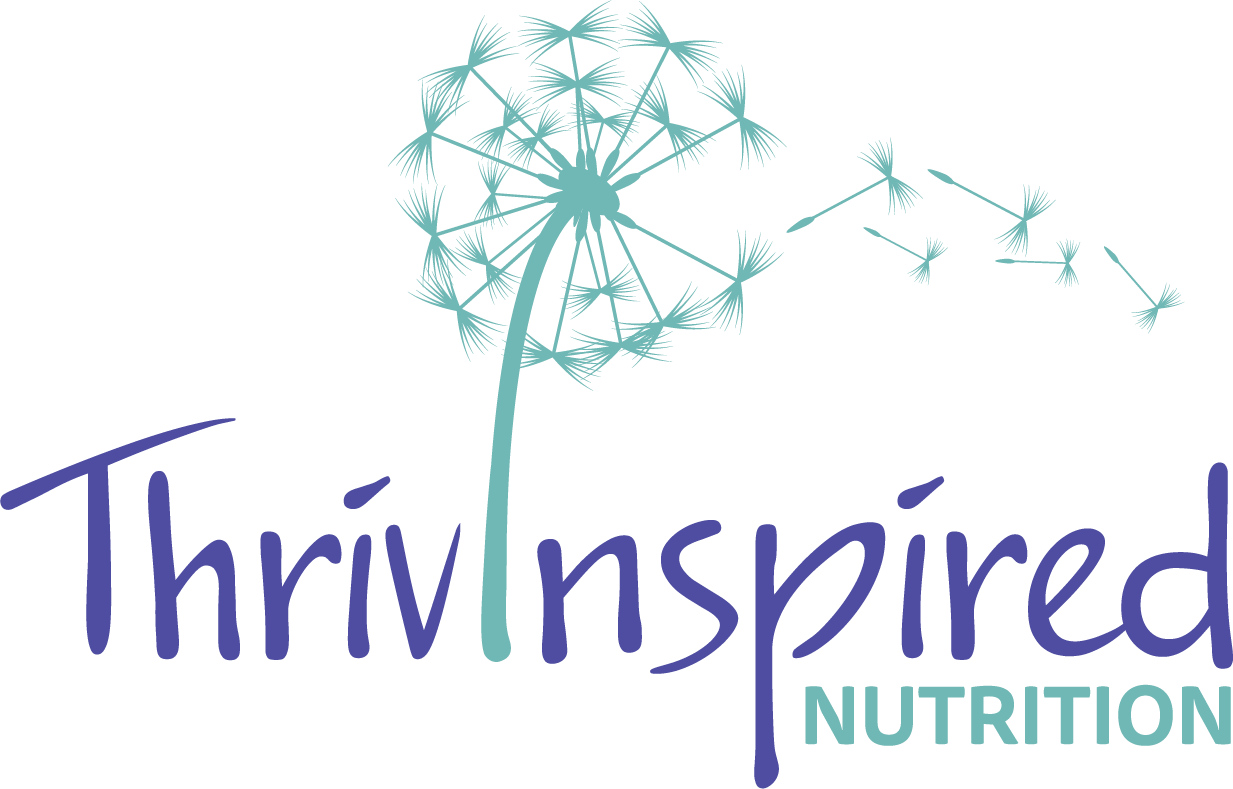Holiday Q&A: How Do I Manage the Urges to Use Eating Disorder Behaviors to Compensate for Holiday Eating?
/Question
I usually have high urges to compensate for eating differently during the holidays in the days afterwards. Do you have any tips for managing the urges to use eating disorder behaviors?
Answer
It can be stressful to have multiple challenge meals close together. If you’re noticing higher urges to engage in restriction, exercise, or other behaviors in the days following, or even just thinking about these meals for a while after you’ve eaten them, consider focusing on the following:
Practicing flexibility
For many reasons, your eating (and movement) behaviors may be different during this time of year due to changes in weather, daylight hours, work and school schedules, availability of certain foods, and more. Then there are the holidays themselves, during which time there are many more parties and get-togethers to enjoy, and special foods that are part of these occasions. Instead of using familiar disordered eating habits to navigate this time of year, consider viewing each meal experience as an opportunity to respond to your needs in that moment regardless of what came before, and checking in with hunger, fullness, and appetite cues, before, during, and after a meal or snack to guide your choices. Making decisions about what and how much to eat based on having x, y, and z at that holiday party, or engaging in a behavior to “make up” for eating something, can lead to further disconnection from your body and reinforces the message that enjoyment and flexibility with eating is only OK if compensated for.
If behavior use is making it difficult to tune into how you are feeling, focus on adequacy and consistency with meals and snacks. Eating every 3-4 hours, and aiming to have a combination of starchy vegetables or grains, fats, proteins, and non-starchy fruits or veg at most meals, and choosing foods that are satisfying and enjoyable, is one way of approaching this. Part of this health-supportive eating approach, which we dive into more in this blog post, also includes having other foods most days that you choose not because of their nutritional value, but because they taste good and enhance the pleasure of a meal. Eating these foods is so important for fostering a positive relationship with food.
Prioritizing activities and habits that support wellbeing
Reflect on what tools have been helpful to you throughout your recovery journey and consider using these more frequently, or if you’ve taken a break, starting to use them again. Maybe this looks like carving out time to journal or do art for 10-15 minutes each day, or taking a few mindful minutes outside each afternoon, or reaching out to friends who know you are in recovery on a more regular basis. If this is a challenging time of year, utilizing your support system and being gentle with yourself is one of the most recovery-oriented things you can do.
Rather than wanting or expecting food and eating to always be the same, working on accepting that eating may look different during certain times of the year (and day-to-day) and not trying to make up for this in any way will help you move towards a more neutral relationship with food.
Want more support on finding peace with food during the holidays and all the rest of the year, too? Contact us to schedule a FREE discovery call and see if working together is a good fit for you! We see clients in Vermont, Florida, and several other states. And, be sure to join our email list for more tips and support on your healing journey.


